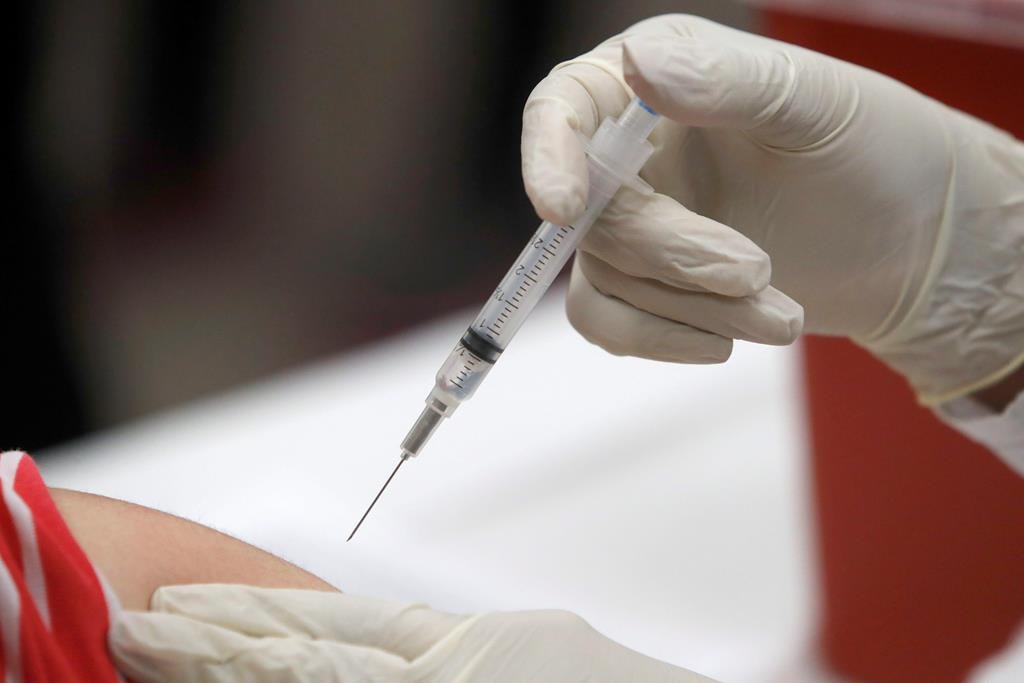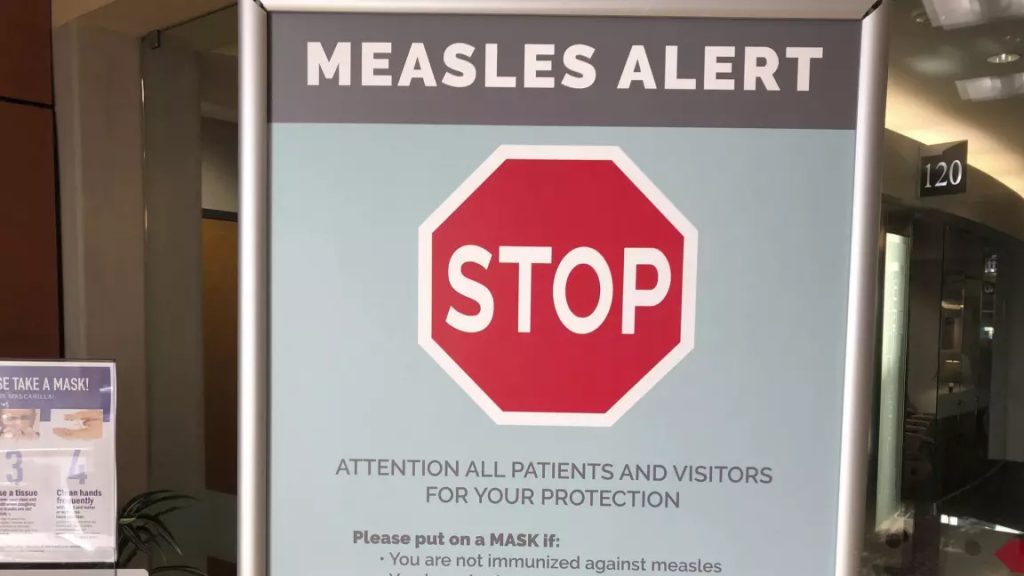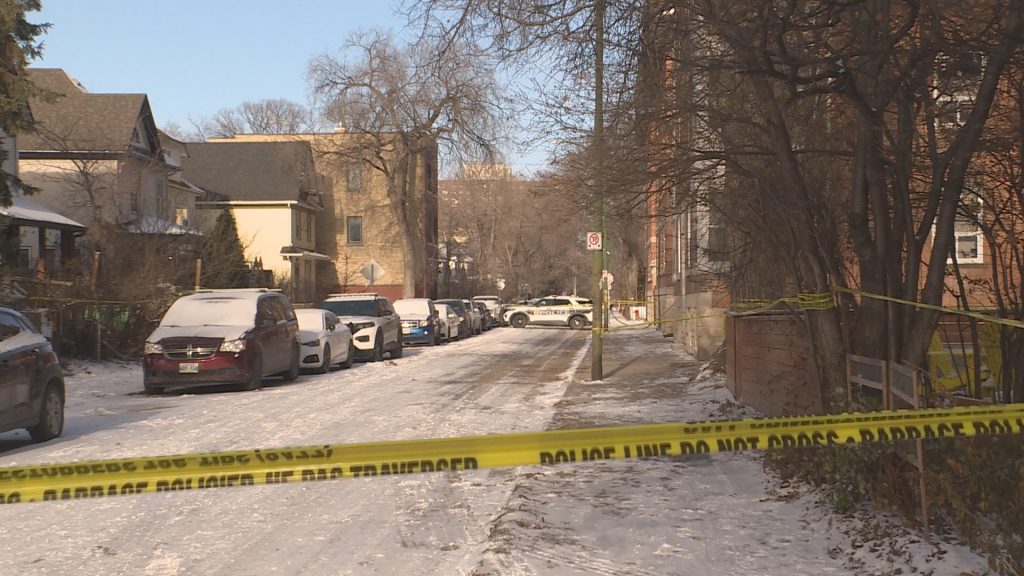Doctors urging Manitobans to get vaccinated amid spike in flu cases

Posted February 27, 2025 4:22 pm.
Last Updated February 27, 2025 8:04 pm.
Spring may be inching closer, but the cold and flu season isn’t going away.
Manitoba doctors are urging people to get up to date on their vaccines amid a recent rise in flu cases across the province.
“Last week we saw just under 500 new cases of influenza, which comparatively to same time last year, is more than 11 times the number of new cases,” said Dr. Aaron Jattan, the Acting Chief Medical Officer with the Winnipeg Regional Health Authority.
Jattan says health officials are seeing a trend of a decrease, year over year, in influenza vaccinations.
“Right now we’re less than a quarter of Manitobans who are vaccinated when it comes to influenza,” he said.
“It is definitely not too late to get vaccinated and it remains extremely important.”
While vaccination rates for both influenza and COVID-19 have declined, cases of the flu are trending in the opposite direction, with provincial data showing more than 2,000 cases of influenza this season.
“We’re not seeing an uptick in mortality, but comparatively to this time last year, we’re seeing about a one-third increase in presentations to our emergency departments in terms of respiratory virus presentation,” Dr. Jattan said. “So the system is definitely strained right now.”
Jason Kindrachuk, associate professor and Canada Research Chair at the University of Manitoba, says it’s difficult to determine why there’s been a sudden surge in cases. But he says it could relate to anything from weather patterns, to access, to lower vaccine uptake.
“When you start thinking about things like health-care access or health-care delivery, if you have to now kind of reposition a lot of your available resources to a particular disease or an outbreak, now you’re having to basically borrow those resources from somewhere else,” Kindrachuk said.
“While as an individual you may not have gotten it one year, that does not mean the next year or the following years you are also going to be protected, and that risk is still there.”
With provincial data showing influenza A’s test positivity rate at over 27 per cent, health officials want to remind people it’s not too late to get vaccinated.
“I think there’s vaccine misinformation that we’re still working on combating and I think the extremely late respiratory virus season has made it challenging to have that push for vaccinations,” Jattan said.












